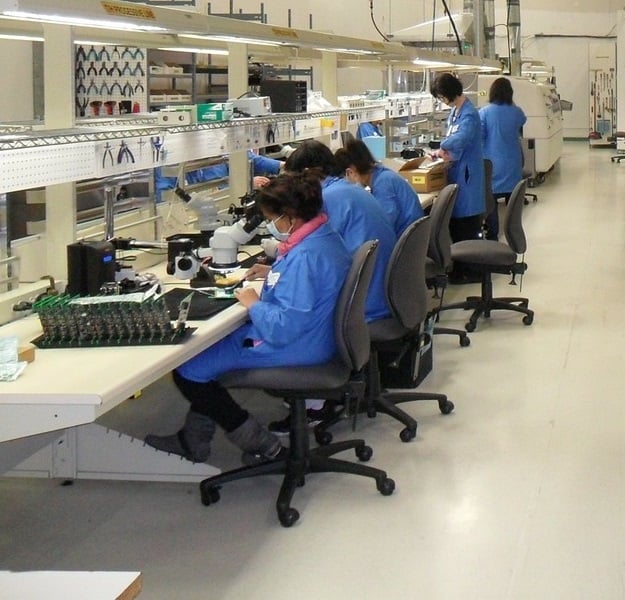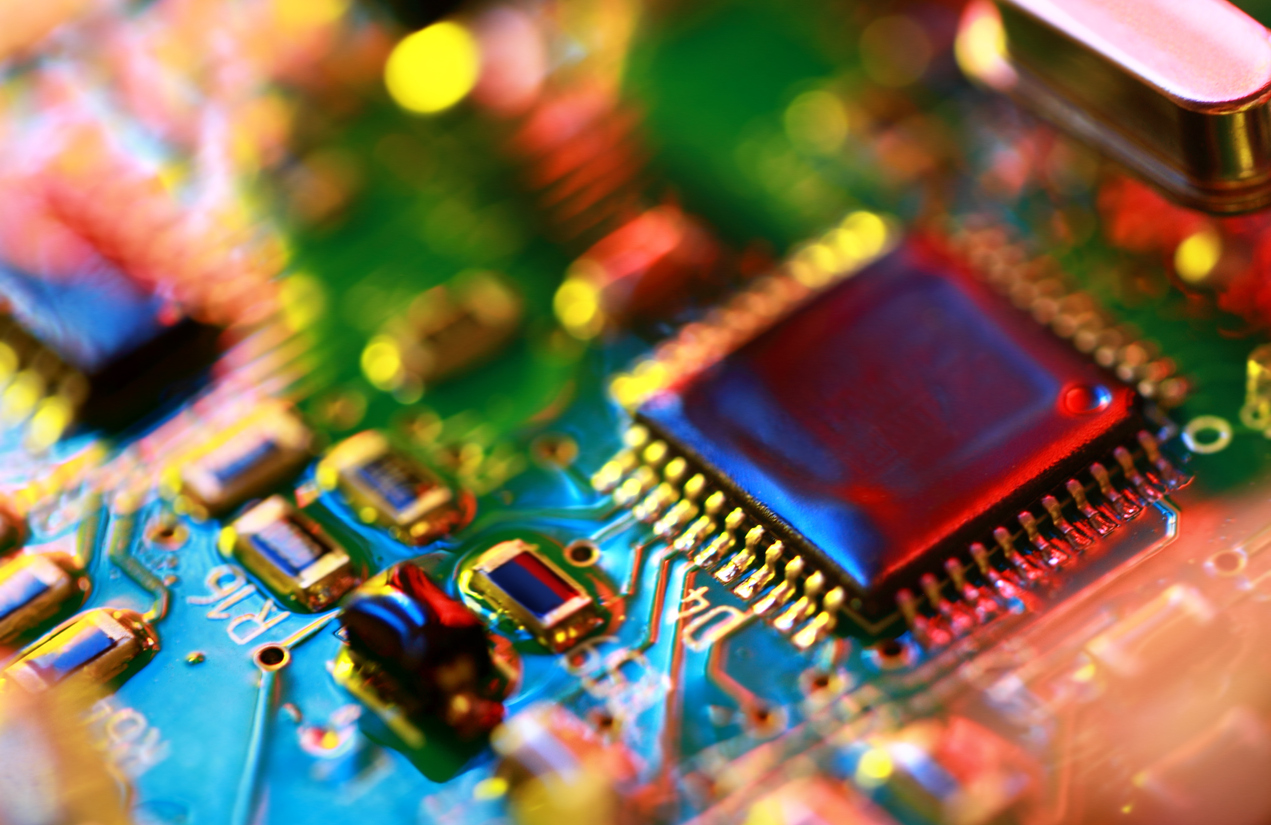Electronics Manufacturing Supply Chain: Regulations Can Impact You
The electronics manufacturing supply chain is a major risk for many OEMs. Challenges in this area include environmental and global regulations, which...
3 min read
 Matric Group
:
Apr 18, 2019
Matric Group
:
Apr 18, 2019
 International Traffic and Arms Regulation (ITAR) came about in 1976 because of a need to control the export of military equipment and related sensitive information. Today, government enforcement of these regulations is far stricter than the Cold War days.
International Traffic and Arms Regulation (ITAR) came about in 1976 because of a need to control the export of military equipment and related sensitive information. Today, government enforcement of these regulations is far stricter than the Cold War days.
As an OEM creating a product for defense/military applications, it’s important to work with an electronics contract manufacturer (ECM) that understands how to adhere to ITAR. Failure on the part of your ECM in understanding ITAR could put your intellectual property at risk -- not to mention the other concerns inherent to national security.
Below we’ll explain what goes into ITAR compliance and what you should expect from any electronics manufacturers with which you partner.
ITAR focuses on military equipment and sensitive information that might be involved with military equipment. It includes, but is definitely not limited to, equipment like:
Again, this list is not comprehensive, so click here for more details straight from the government.
OEMs know that final products may include components manufactured by several different companies. Even those companies building subassemblies and such can still be required to adhere to ITAR. If you need an ECM to adhere to ITAR, you should relay that up front.
The number of things that are subject to ITAR regulations is … substantial. It’s a huge list that includes obvious items and not-so-obvious items.
Some of what ITAR compliance protects includes:
Things to Remember:
A quality electronics contract manufacturer should verify that ITAR compliance is necessary up front, during the quoting process. That way they can ensure everyone involved in the process is adhering to an ITAR compliance checklist.
The standards for ITAR compliance are the same across the industry, but some contracts go farther than others to ensure protection. Some of the steps ECMs should take include:
ITAR is the main standard electronics manufacturers need to pay attention to, but there are additional standards in fields like nuclear technology.
These devices must be handled with extra care, including adhering to standards quite similar to ITAR. These steps include indicating that nuclear material is present on the property and having one individual be “ultimately responsible” for the device.
The protection of intellectual property (IP) is important for all companies, not just those producing products covered by ITAR.
Take this real-life example: A wind-generation company once worked with a major Chinese customer. The Chinese paid an employee of that customer to leak design information to them. Eventually, they were able to build a part without the wind generation company’s assistance, so they stopped paying the company for their services. The wind generation company lost significant revenue and had to lay off employees.
Adhering to standards like those demanded by ITAR can do a lot to curtail situations like the one above. With the right security protocols in place and strict adherence, ECMs and OEMs can significantly reduce the risk of intellectual property being compromised.
When you’re dealing with products that must follow ITAR manufacturing security standards, you need to be sure the ECM you’re working with understands what’s at stake. There are too many risks involved for everyone if ITAR is not observed:
The ITAR adherence process can be a bit overwhelming and confusing. If you do have questions about the process or about finding an ECM with an ITAR license, contact us. It’s 100% on the contract manufacturer to ensure the final outcome of your project is satisfactory to both you and federal regulators.

The electronics manufacturing supply chain is a major risk for many OEMs. Challenges in this area include environmental and global regulations, which...

Consolidating services is a great way to reduce costs, lead times, & confusion. Unfortunately, most electronics contract manufacturers (ECMs) don’t...

It seems simple enough. If you’re a manufacturer who uses electronic components to build your products for American or international markets, you...